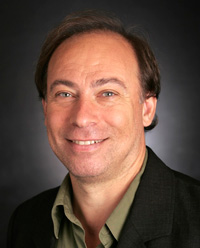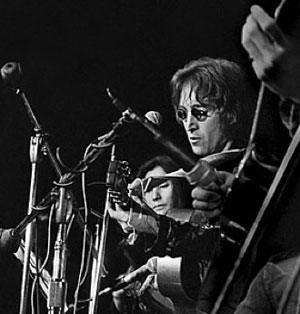A Conversation with Owen Gleiberman

Owen Gleiberman, film critic for Entertainment Weekly, grew up in Ann Arbor. (Photo courtesy of Owen Gleiberman)
Today, Owen Gleiberman of Entertainment Weekly enjoys a position as one of the country’s most influential movie critics, his opinions read and respected (and sometimes reviled) by millions. Forty years ago he was a precocious middle-schooler who carried a transcript of the Chicago Seven trial in his pocket as he roamed downtown Ann Arbor, exploring the head shops and hanging with the hippies.
Soon after enrolling at the University of Michigan in 1976, Gleiberman was bit by the movie bug and began reviewing films for the Michigan Daily. He struck up a long-distance friendship with Pauline Kael of the New Yorker, who encouraged him in his writing and helped him to land his first job after graduation as a critic for the Boston Phoenix.
Though he now lives in Greenwich Village, Gleiberman makes regular return trips to Ann Arbor to visit family and friends. Over tea at Café Felix on a sleepy Sunday afternoon, he related what it was like to grow up in the countercultural milieu of Ann Arbor in the late ’60s and early ’70s, how that experience influenced his career as a film critic, and his thoughts and hopes on the future of journalism. [Full Story]





